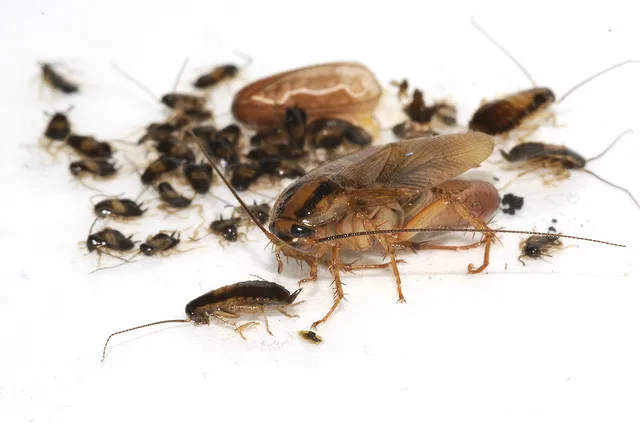It is easy to forget that insects and all manner of small pests have fascinating cognitive abilities when we do not see them on a regular basis. Though their brains are tiny compared to human brains, studies suggest that many bugs have extraordinary memory functions and learning abilities. These tools enable them to adapt to varying environments, locate food, and evade threats.
For those dealing with pest infestations at home, the science of pest learning and remembering offers critical insights, and it may provide ways to get rid of pests in Frisco. In this blog post, we will talk about the memory capacity of common household pests and investigate whether they are capable of learning how to avoid traps and other control methods.
Do Bugs Have Memories?
Yes, but they have a different sort of memory than humans do, a sort of one-shot memory where good or bad only needs to be experienced once for the insect to avoid or seek out again. Some insects — cockroaches, ants, and flies among them — have what scientists refer to as “associative learning” skills.
Instead of remembering life events and experiences as we do, bugs usually form procedural and associative memories that allow them to stay alive. For example, cockroaches can retain memory of pathways to food sources for weeks. Ants can recall where they found food for as long as 25 days, meaning they use visual and chemical cues to return to rewarding sites.
The memory systems of such tiny, primitive animals are immediately recognizable as being most efficient for their survival requirements. These enable insects to adapt to shifting environments and make simple decisions based on historical experiences.
Can Pests Learn How to Avoid Traps?
Yes, they can. Pest can easily learn how to avoid traps the next time you put it. As they get familiar with DIY approaches, you might want to know how they can learn to avoid traps:
-
Basic Learning Mechanisms
Pests exhibit some pretty impressive learning skills when it comes to avoiding threats. German cockroaches are capable of learning to avoid glucose-based baits after just one bad experience. This behavior, called “bait aversion,” has played a major role in changes in commercial bait formulations.
-
Species-Specific Learning
Not all of these pests have the same ability to learn. When traps are used on them in situations they have previously been in, rodents are especially skilled at avoiding those traps.” Rats that observe other rats being trapped will actively avoid traps of the same kind for months after.
-
Chemical Avoidance Learning
Insects can evolve resistance, both genetically and behaviorally. Bed bugs can indeed learn and avoid specific chemical signals associated with insecticides, so these pests can move away from locations with these chemicals present before exposing themselves to lethal toxic doses.
When to Seek Professional Pest Control?
As pests become more familiar with DIY control options, the option for professional intervention often becomes a necessity. Households that try three or more unsuccessful do-it-yourself treatments before reaching out to professionals tend to deal with infestations that are 40 percent bigger and harder to exterminate.
In fact, licensed pest control professionals utilize integrated pest management (IPM) methods that take learned avoidance behavior into account. They use rotating treatment methods that make it difficult for pests to develop consistent avoidance behaviors. Professional results using diverse methods are 74% more effective than one-method treatments.
In fact, pros are experts at identifying structural and environmental factors contributing to pest infestations that homeowners may overlook. One comprehensive study conducted by the International Journal of Pest Management found that addressing these factors alone reduces re-infestation rates between 75% and 85% when compared to treatment-only approaches.
These professional sophisticated systems have to be employed when learned avoidance behaviors in pests have been established due to failed attempts to control them.









